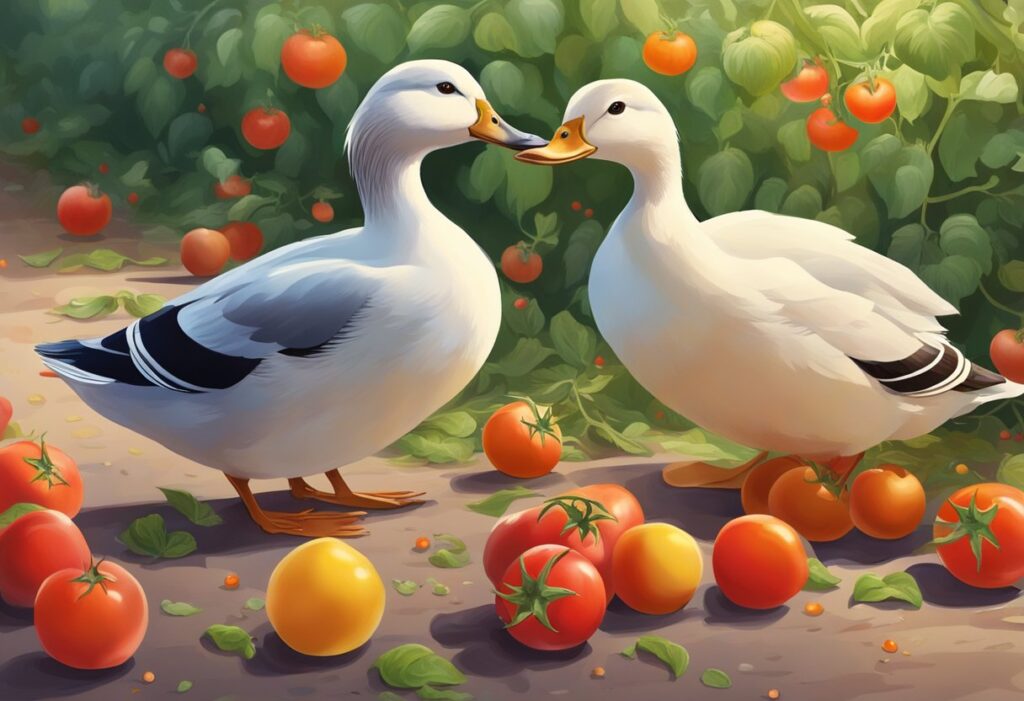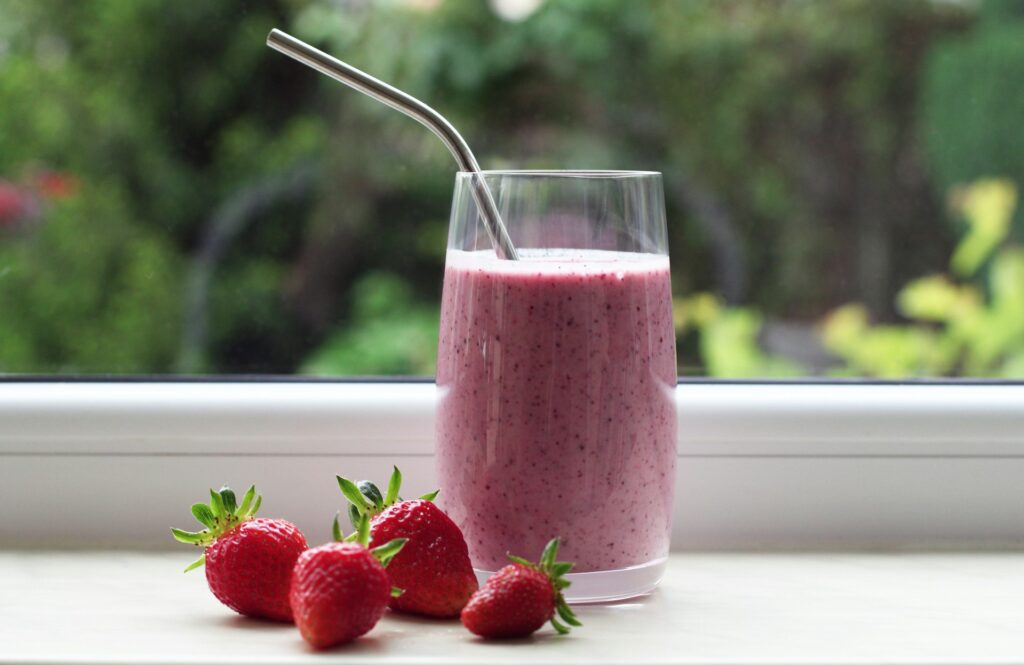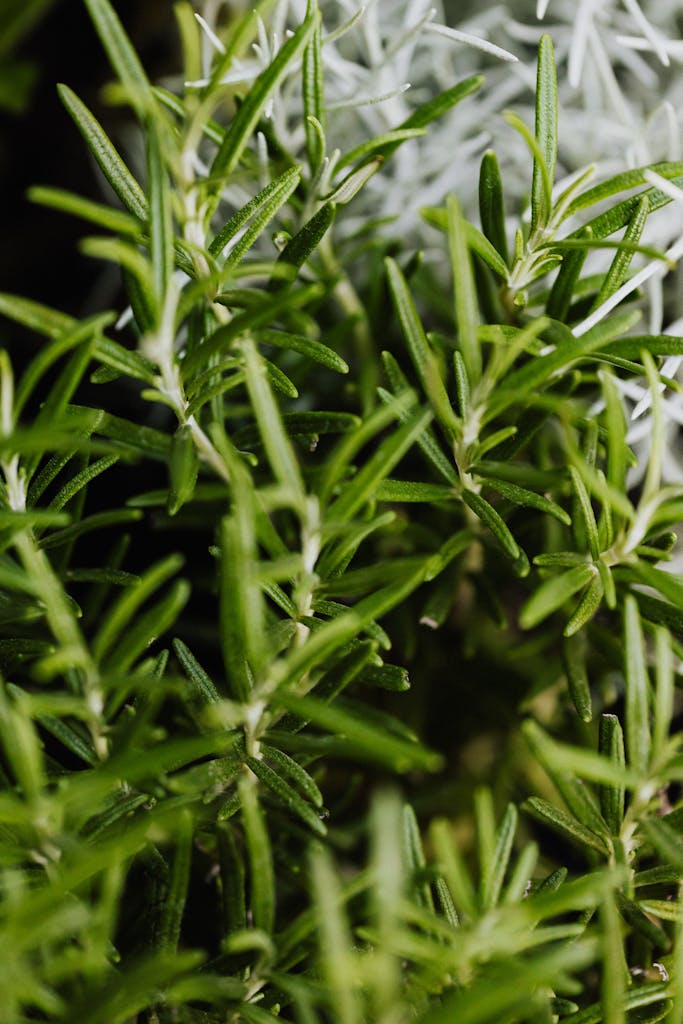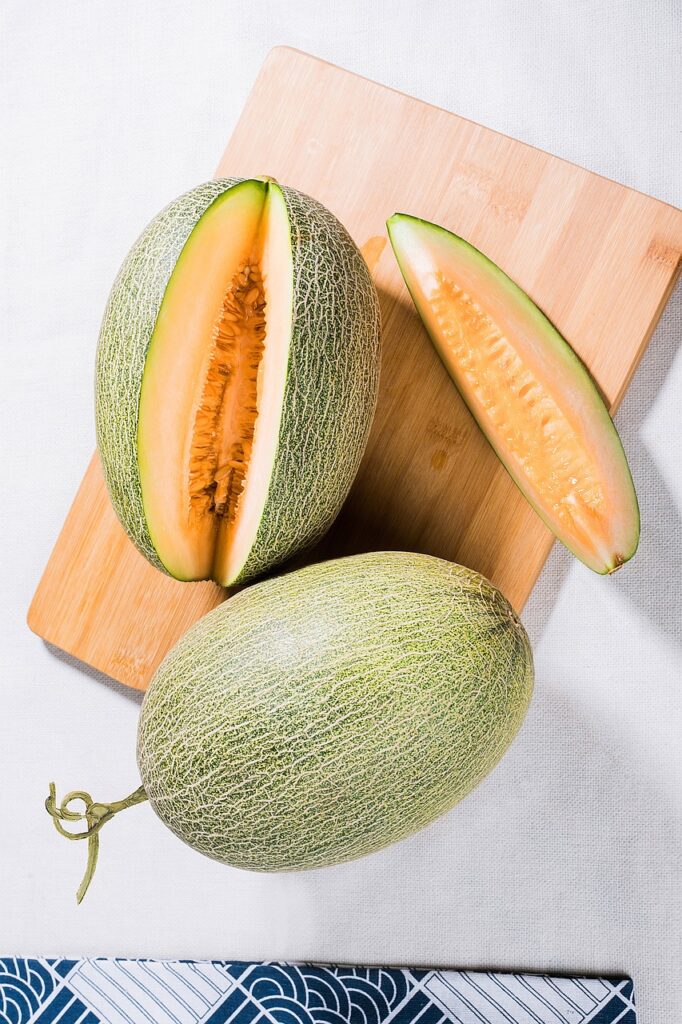
Ducks are omnivorous birds that thrive on a varied diet, which can include fruits and vegetables along with their regular intake of grains and insects. With the increasing interest in providing a diverse diet for domestic and backyard ducks, many duck owners wonder about the suitability of certain foods. Tomatoes are a common garden vegetable with high nutritional value, but whether they are safe and beneficial for ducks is a matter that requires careful consideration.
While tomatoes are rich in vitamins, particularly vitamin C, and antioxidants, they must be served properly to ensure the safety of ducks. The ripe fruit of the tomato plant can be a healthy treat for ducks, but all green parts of the plant, including leaves and stems, contain solanine, which is toxic to ducks and other animals. This highlights the importance of preparing tomatoes correctly before offering them to ducks.
Key Takeaways
- Tomatoes, when ripe and prepared appropriately, can be a healthy snack for ducks.
- Green parts of the tomato plant are toxic to ducks and should be avoided.
- Providing tomatoes to ducks should be done in moderation as part of a balanced diet.
Nutritional Benefits of Tomatoes for Ducks

Tomatoes can be a nutritious addition to a duck’s diet, providing a range of vitamins, minerals, and antioxidants that support their health and growth.
Vitamin and Mineral Content
Tomatoes are a rich source of various vitamins and minerals that are essential for ducks. Notably, they contain vitamin C, which is important for a duck’s immune system, aiding in the prevention of diseases. Tomatoes also offer vitamin A, essential for maintaining good vision and healthy skin. Further, they have vitamin K, which is necessary for blood clotting. The mineral content in tomatoes includes potassium, which supports heart function, and phosphorus, vital for strong bones. Additionally, tomatoes are a source of calcium, necessary for bone health, and magnesium, which aids in muscle function and energy production.
- Vitamin C: Enhances immune system health.
- Vitamin A: Important for vision and skin health.
- Potassium: Necessary for proper heart function.
- Phosphorus: Critical for bone strength.
Antioxidants and Growth Benefits for Ducks
The presence of antioxidants in tomatoes, such as lycopene, beta-carotene, and folic acid, offers numerous health benefits for ducks. Lycopene, an antioxidant responsible for the red color in tomatoes, is known for its potential to reduce the risk of certain diseases. Beta-carotene, which is converted into vitamin A in the body, further supports the immune system and encourages healthy growth. Tomatoes can also promote efficient digestion in ducks due to their fiber content, which aids in the smooth passage of food through the gut.
Antioxidants contribute to the overall health of ducks by:
- Lycopene: Protecting duck’s cells against damage from free radicals.
- Beta-carotene: Supporting growth and maintaining immune function.
- Folic Acid: Aiding in the formation of healthy cells.
Safe Feeding Practices
When feeding ducks tomatoes, it’s essential to distinguish between the safe parts of the tomato plant and items that could be harmful. One must pay attention to tomato maturity, plant part toxicity, and appropriate serving sizes to ensure the health and safety of the ducks.
Ripe vs. Unripe Tomatoes
Ripe tomatoes are generally safe for ducks to eat in moderation. The ripe fruit contains lower levels of tomatine, an alkaloid that can be toxic in high amounts. However, unripe tomatoes, often green in color, have a higher concentration of this alkaloid, along with solanine, which can be harmful to ducks.
- Safe: Ripe tomatoes (red and fully matured)
- Avoid: Unripe tomatoes (green and not fully matured)
Tomato Plant Parts and Toxicity
The tomato plant itself, particularly the leaves and stems, contains significant levels of tomatine and solanine, which are toxic alkaloids to ducks. Ducks should not be fed any part of the plant other than the ripened fruit.
- Toxic Parts: Leaves, stems, and green parts of the plant
- Safe Part: Ripe tomato flesh (seeds are generally safe as well)
Portion Control and Frequency
Feeding ducks tomatoes should be done with portion control in mind. Treat ripe tomatoes as an occasional treat, not a dietary staple.
- Serving Size: A small piece equivalent to one ripe tomato per duck
- Frequency: No more than once or twice a week
Adhering to these guidelines will ensure that ducks can enjoy tomatoes safely.
Preparing Tomatoes for Ducks
When preparing tomatoes for domestic ducks, it’s crucial to ensure they are clean and free from harmful parts that could pose a risk such as choking or toxicity.
Washing and Chopping
Thoroughly wash the ripe tomato fruit under clean, running water to remove any pesticides or dirt. Once clean, chop the tomatoes into small pieces. For cherry tomatoes, cutting them in half is often sufficient, but larger red tomatoes should be diced to prevent any potential choking hazards for the ducks. This handling makes the tomatoes safer and more manageable for the ducks to eat.
- Washing: Run tomatoes under water.
- Chopping:
- Cherry tomatoes: Cut in half.
- Red tomatoes: Dice into small pieces.
Removing Harmful Parts
Before feeding tomatoes to ducks, it’s essential to remove the stems, leaves, and vines, as they contain solanine, which can be toxic to birds. Only the ripe tomato fruit itself is safe for ducks. In the case of ducklings or baby ducks, take extra precautions because their smaller size increases choking risks, so ensure the pieces are small enough for them to eat easily. By eliminating these harmful parts, you mitigate the potential risks and drawbacks, ensuring that tomatoes are not bad for ducks when prepared properly.
- Remove: Stems, leaves, and vines.
- Ducklings: Provide extra small pieces.
Potential Health Concerns and Precautions
When incorporating tomatoes into a duck’s diet, it’s important to understand the potential health concerns and necessary precautions. While tomatoes can offer nutritional benefits, there are specific risks and guidelines that must be adhered to ensure ducks consume them safely.
Digestive Issues and Anemia
Tomatoes belong to the nightshade family, which contains natural compounds that can be toxic if consumed in large quantities. An exceptional concern is tomatoes that are still green or plants with unripe fruit, as they have higher levels of solanine, a substance that can lead to digestive issues and potentially cause anemia in ducks. Symptoms like diarrhea or indigestion can arise if ducks eat too many tomatoes, indicating excess acidity or gastrointestinal discomfort.
- Precaution: Only offer ripe, red tomatoes and remove any green parts before feeding.
- Frequency: Feed tomatoes occasionally to avoid health issues.
Suitability for Different Duck Demographics
The dietary needs of ducks can vary significantly based on their age, health, and whether they’re wild or domesticated. Ducklings, being more sensitive, should be introduced to tomatoes cautiously, as their developing immune systems are particularly vulnerable to toxic elements and diseases.
Pekin ducks and other domestic breeds often enjoy tomatoes, but they should be given as part of a balanced diet that includes adequate carbohydrates, antioxidants, and other nutrients to support overall health. On the other hand, wild ducks might encounter tomatoes less frequently, and their diet generally comprises a wider variety of natural foods found in their environment. Owners should follow safe eating guidelines when feeding tomatoes to domestic ducks to prevent nutritional imbalances that could influence egg production and duck health.
- For Ducklings: Offer small, well-washed pieces of tomato in moderation.
- For Egg Production: Avoid overfeeding tomatoes to laying hens, as imbalances could affect egg health.
- Note on Tomato Products: Tomato sauce and other processed tomato products often contain additives like salt, which aren’t suitable for ducks.




